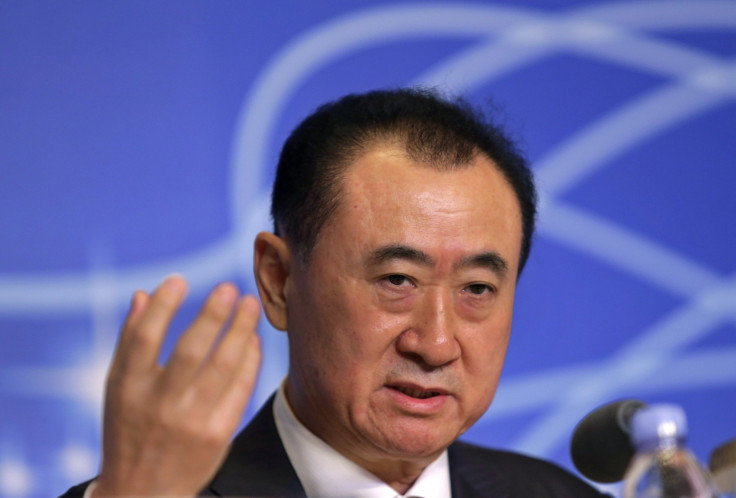China’s Wanda Group Makes $4.4 Billion Bid To Privatize Hong Kong-Listed Property Unit

Chinese billionaire Wang Jianlin’s Dalian Wanda Group announced Monday that it is offering 34.5 billion Hong Kong dollars ($4.44 billion) in cash to buy out Dalian Wanda Commercial Properties — its Hong Kong-listed property unit. The move, which comes just days after Wang said the unit was “substantially undervalued,” is the first step toward its eventual relisting in Chinese mainland stock exchanges.
Wanda Group will reportedly pay 52.8 Hong Kong dollars for each share of the unit, which debuted on the Hong Kong stock exchange just 15 months back. The offer represents a 3 percent premium over its last trading price of 51.25 Hong Kong dollars on April 22, when trading was suspended.
The transaction is still subject to regulatory and shareholder approval.
On Monday, after resuming trading in Hong Kong, the company’s shares fell 2.4 percent to 48.8 Hong Kong dollars.
“I’ve been in many industries and made many investments, many of them made with my friends, we’ve made a lot of money for every deal, except for this one,” Wang, China’s richest man, told the Chinese state-run CCTV earlier this month, adding that the property unit’s undervaluation in Hong Kong made him “feel sorry” for shareholders.
Wanda is just one of the many businesses that are seeking to move their listings to the mainland in search for a loftier valuation. The U.S.-listed SouFun Holdings — China’s biggest real estate — and the Hong Kong-listed Evergrande Real Estate Group have also sought to do so in recent months.
However, attempts to jump the queue through a “backdoor listing” have drawn the scrutiny of Chinese regulators concerned over dilution of prices on the Shanghai Composite index and capital outflows. Earlier this month, China’s Securities Regulatory Commission announced it “will launch an in-depth analysis and research on similar companies’ return to domestic markets via initial public offerings and mergers.”
© Copyright IBTimes 2024. All rights reserved.






















